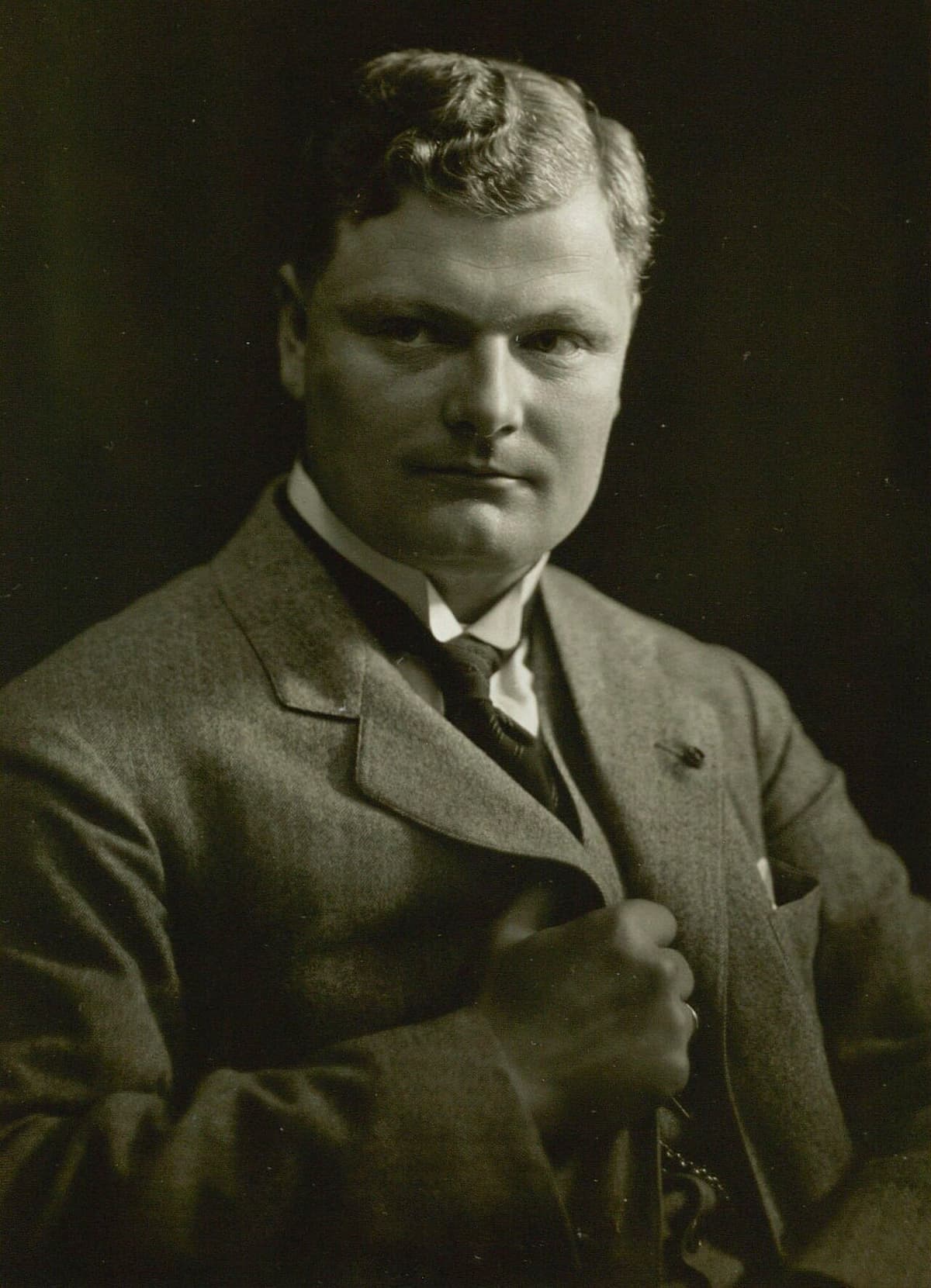As a student of Carl Nielsen, Poul Schierbeck (1888-1949) made important contributions to the literature of Danish songs. Initially, like so many of his contemporaries Schierbeck had engaged in law studies, but the lure of music prompted him to study the piano, the organ, and conducting.

Poul Schierbeck by Peter Elfelt
The First World War interrupted his musical studies when he was conscripted to serve as an artillery lieutenant. Continuing to pursue his musical interest, Schierbeck was appointed organist at Skovshoved Church and later joined the staff at the Royal Danish Conservatory, where he became an influential teacher of composition and instrumentation. In addition to art songs, Schierbeck composed a symphony that was first conducted by Nielsen at Göteborg in 1922. He also wrote an opera that was initially well received but one that failed to gain a foothold in the repertory.
Poul Schierbeck: The Chinese Flute, Op. 10 (Hetna Regitze Bruun, mezzo-soprano; Kristoffer Nyholm Hyldig, piano)

Die chinesische Flöte
In 1907, poetry from the Chinese Tang dynasty had been published in German under the title “Die Chinesische Flöte.” And we already know the effect this publication had on Gustav Mahler! A Danish translation of these poems appeared in 1919, and Schierbeck eagerly selected a number of texts for his musical settings. Mahler and Schierbeck choose very different and dissimilar texts, with Schierbeck retaining the minimalistic character of the poetry. “Spring Rain” is subjected to an atmospheric and radical interpretation, and the “Three Princesses” wait in vain for love. Declamatory in style, the “Faithful Wife” contemplates if she should allow herself to be seduced or not. The concluding “Song on the River,” meanwhile, provides a delightful sense of happiness. Schierback and his fiancée, the soprano Sylvia Larsen, first performed this set in 1919. According to local critics, “it made all other Danish vocal music seem old-fashioned, and elicited a mixture of respect and alarm.”
For more of the best in classical music, sign up for our E-Newsletter
